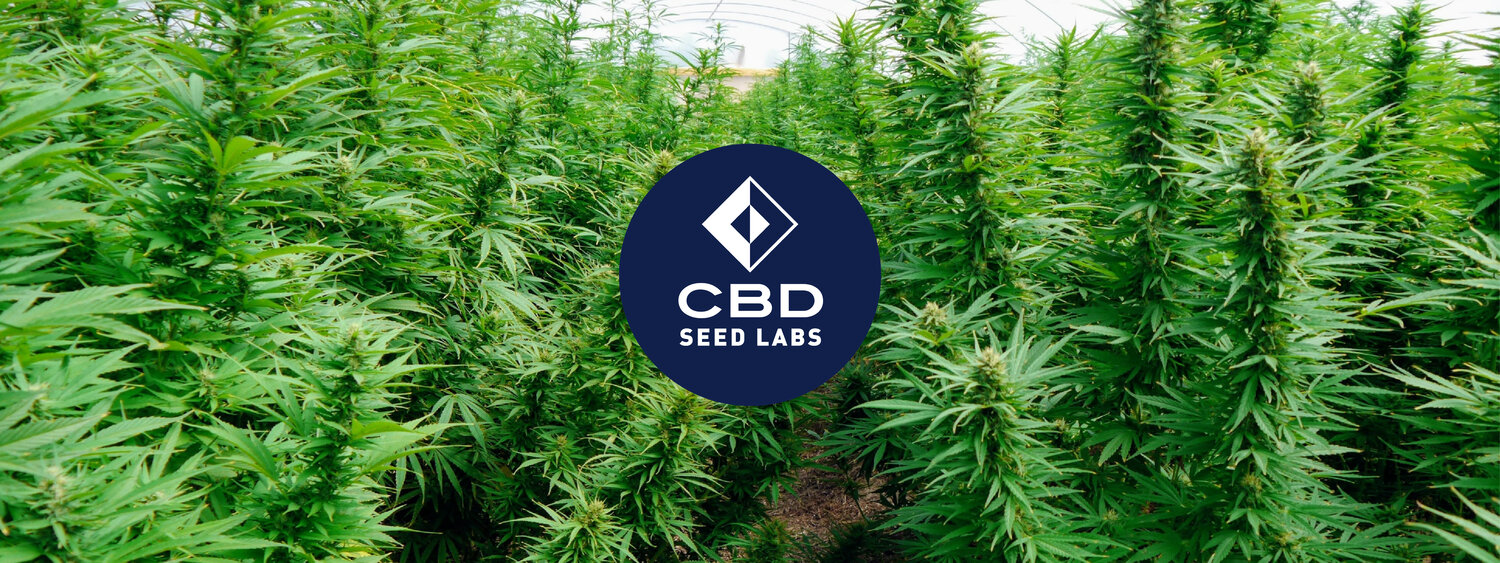Welcome South African Hemp Growers!
South Africa has been growing hemp for research purposes since 1999. The National Hemp Pilot Initiative was created by several associations including, The Eastern Cape Provincial Department of Agriculture, The National Department of Agriculture, and The Department of Trade and Industry. The pilot program sought to establish the foundations of South Africa’s hemp industry and develop genetics that would best suit South Africa’s climate. Over the course of two decades the breeding programs produced two cultivars, SA Hemp 1 and SA Hemp 2.
The South African Agricultural Research Council (ARC), considers these genetics refined and stabilized, yet with the continuous rise in the cannabis market, ARC seeks to expand its breeding operations by importing and researching other possible cultivars that can be introduced to the local environment.
In October 2021, the SA government made amends to the Plant Improvement Act of 1976, and declared hemp as an agricultural crop, thus enabling licensed businesses and individuals to import, export, cultivate, research, and commercialize hemp with the limit of .2% THC.
With over 60 years of combined hemp industry expertise, we are able to provide-
Our premium high CBD, feminized Hemp genetics offer outstanding terpene profiles, compliant COA’s with world class cannabinoid ratios, 99% viability and 99.9% feminization rates
We offer discreet, fast and secure international shipping, $85-$125 (depending on size and location) and offer free shipping with orders over $5,000.
We are also able to provide Official Department of Agriculture Phytosanitary Certificates at a fee of $285.
We pride ourselves on exceptional customer service with timely response and quick turnarounds.
In addition we offer free, limited, consultations with our Master Growers on all orders over 1,000 seeds.
Feminized Cherry Blossom
South Africa’s Hemp strategy
The SA government has developed guidelines known as the National Cannabis Master Plan (NCMP) for the purpose of integrating hemp and dagga into the South African market. There are 3 main goals the government aims to achieve by 2023.
Declare hemp as an agricultural crop
Make amends to the Medicine Substances Act of 1965 and the Drugs Trafficking Act of 1982
Develop new policy and legislation for the commercialization of hemp and dagga
Furthermore, in order to achieve these goals the government has also deployed a 9 pillar system that will catalyze the process.
Effective Regulatory Systems
Sustainable Seed Supply Systems
Research Development and Innovation
Producer Support Systems
Market Development
Enterprise and Supplier Development
Manufacturing and Product Development
Education and Training
Communication and Awareness
The NCMP is already set in motion and making consistent progress toward its goals. However, hemp communities are also advocating that the government reconsider the current THC threshold of .2% and increase the limit to 1% THC. Raising the limit will allow farmers the opportunity to be competitive on a global scale by being able to export higher CBD content and providing the ability for a crop to grow full cycle. There is substantial support for this proposal and will likely change in the near future.
As of today, South African hemp farmers can only grow hemp for ‘research’ purposes and will need their application approved from the South African Health Products Regulatory Authority (SAHPRA) . Once approved a license can be obtained and valid for 12 months. In addition, seeds may be imported with a permit that is issued by the Department of Agriculture, Forestry, and Fisheries (DAFF).
Feminized ACDC Seeds
Hemp farmers and entrepreneurs alike, recognize the potential for hemp and its myriad of applications. Hemp has the ability to be transformed into industrial products such as:
Rope
Textiles
Clothing
Bricks
Food
Paper
Biodegradable plastics
Insulation
Biofuels
Mulch
Hemp’s cannabinoid CBD, can be converted into oils that are used for:
Tinctures
Gummies
Creams
Vapes
Currently, South Africa has been importing more hemp than exporting, therefore the government views this an opportunity to build-up its domestic hemp market and enhance the economy. The CBD industry is anticipated to have a compounded annual growth rate (CARG) of 28% from 2022-2026 and is expected to generate $1.9 Billion in annual revenue.
These implications could have substantial impacts on South Africa’s overall economy and indoctrinate a new era of agricultural innovation. Meanwhile, the hemp and cannabis industry could also create 130,000 new jobs in South Africa!
















